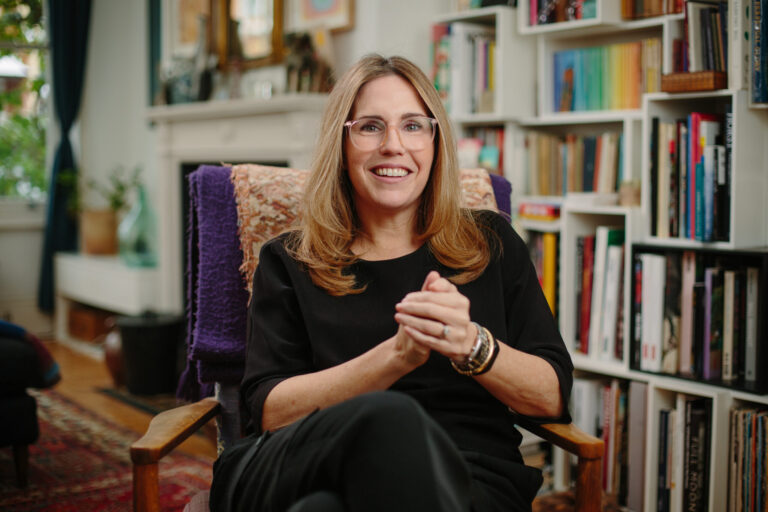Season 3: Building business resilience
5 ways to harness the sustainable revolution and build business resilience

At the start of the industrial revolution in the 18th century, part of a company’s success was defined by how well it could utilise and extract natural resources. Now, it’s about conserving these resources and protecting the planet while building business resilience and growth.
As a filmmaker, wildlife filmmaker, conservationist and the founder and CEO of a film production company, I spend a lot of time with people who live on the frontline of the climate crisis. Every one of them has taught me we need to change how we do business.
So, what can you do, and how do you take the first steps?
1. Control the controllables
The climate crisis is far too big an issue to tackle as a whole. So rather than focusing on things out of your control, look for areas within it. Take the office, for example.
Here in India, temperatures can go up to 40 degrees Celsius and above. Air conditioning is essential for a healthy working environment – but our systems were outdated and inefficient. So, we replaced them with a more energy-efficient alternative.
It was expensive to begin with. But in less than a year, we were able to save more money because we were spending less on our electricity.
We use the extra money saved from being more sustainable as a business to invest in things that matter to us, like new equipment to improve our services and hiring an intern to create opportunities for young talent.
Malaika Vaz
2. Evaluate your supply chain
Think about everything that goes into making and delivering your product or service – from the dyes manufacturers use, the energy sources that fuel production, the transport you use. Even the subcontractors you hire should match your sustainability requirements.
We recently had some T-shirts printed for our crews to wear in the field. The company we used was more expensive than others, but it had impressive sustainability practices like using more high-quality eco-friendly dyes and ethically processing wastewater. When the T-shirts arrived, they were much better quality and longer-lasting than a cheaper alternative.
If you are not sure where to start with the supply chain, there are companies who can help. We work with Albert, an environmental organization that helps film productions to assess their impact, identify opportunities and achieve their objectives. I’d encourage you to find a similar organization or individual who can help your company to reduce your environmental impact.
3. Use your audience to rally for change
While our productions may have a carbon cost, the films we produce educate, inform and hopefully, even influence people to conserve the planet.
With every customer we reach via our films, we connect with one community and influence their outlook on the world, and they then spread the message. This creates a ripple effect that extends beyond our immediate customer base.
You could spread your message in a newsletter, on social media or contribute articles to your local newspaper. You know your industry and your business better than anyone else and can experiment with what works best for you and your team.
4. Become a force for good business
Idea sharing gives us so much collective value.
We need to start thinking about ourselves as a global business community that shares best practices and ideas about what works and what doesn’t.
Consider mentoring other businesses, entrepreneurs and colleagues that work in smaller departments or run smaller businesses and seek mentorship from more established sustainable businesses. We are more powerful than we think.
5. Share your journey
Celebrate your success and be authentic about the journey.
This means sharing the highs (the successes you’ve had), along with the lows (the mistakes you’ve made) and what you learnt from the process. Showing up authentically and doing your very best as a company will help you to connect to a wider audience and inspire other companies to do the same.
Our industry has a lot of work to do. But it’s an exciting time to run a business. We are the changemakers leading the movement where success is no longer defined by how much we take away from the planet, but how much we give back.





Leave a comment